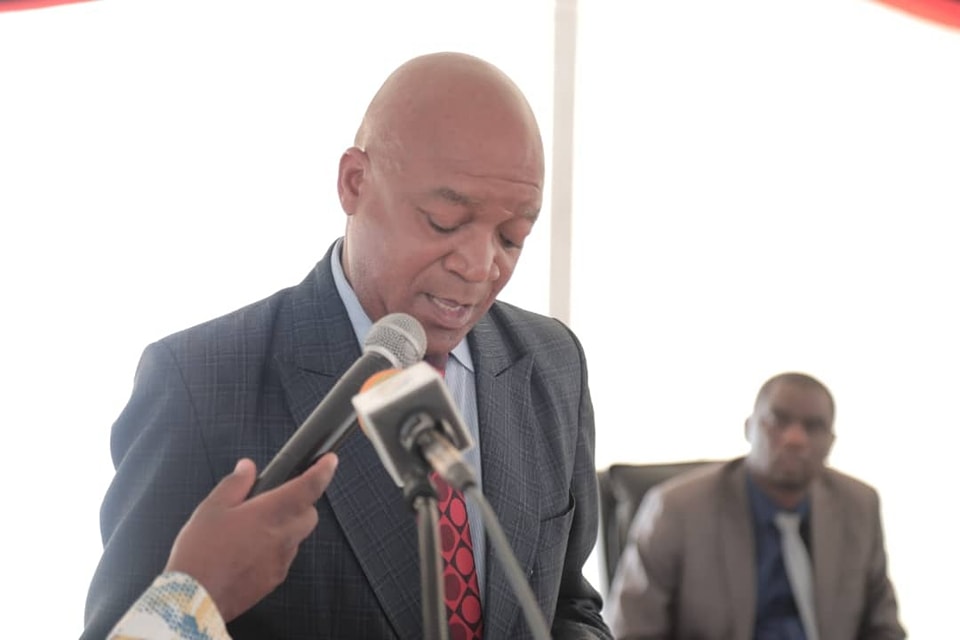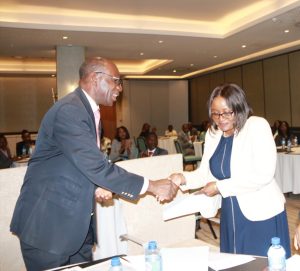Minister of Education Douglas Syakalima says that despite the government’s introduction of a free education policy, some children with disabilities still lack access to school due to various factors.
Mr. Syakalima stated that some families hide their children at home due to perceived stigma and negative attitudes from both teachers and parents.
In a speech read on his behalf by the Ministry of Education Permanent Secretary for Technical Services, Joel Kamoko, during the launch of the RISE Project, Mr. Syakalima said his ministry is collaborating with other ministries to address these challenges and ensure greater inclusivity.
“Inadequate knowledge among the majority of our teachers on how to screen children in schools, and insufficient availability of assistive facilities for children with disabilities, means that teacher capacity-building efforts remain insufficient,” he said.
Mr. Syakalima noted that classrooms and facilities are often not adapted to the needs of learners with physical disabilities.
He added that schools lack adequate resources, such as adapted desks and sanitary facilities for girls with disabilities.
Speaking at the same event, British High Commissioner to Zambia Sam Waldock said the his government is providing grants to over 30,000 schoolgirls under the Keep Girls in School programme funded by the World Bank Trust.
He noted that the RISE Project is significant as it aims to remove barriers to quality education for out-of-school children with disabilities by providing additional support.
Meanwhile, Ministry of Health Public Health Director Lisulo Walubita described the project as a timely initiative that aligns with Zambia’s broader goals for inclusive development and health.
Dr. Walubita emphasized the need to advocate for strengthened partnerships among all ministries and key stakeholders involved in promoting inclusive education for all learners.
The project will be implemented in Kabwe and Chibombo districts, selected through a participatory co-design process involving key stakeholders. The aim is to ensure inclusivity and remove barriers to quality education.





